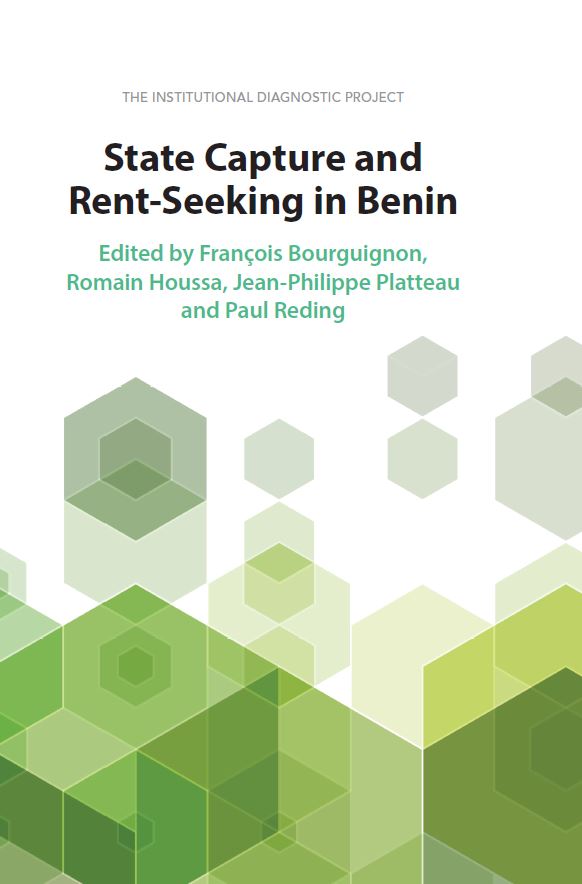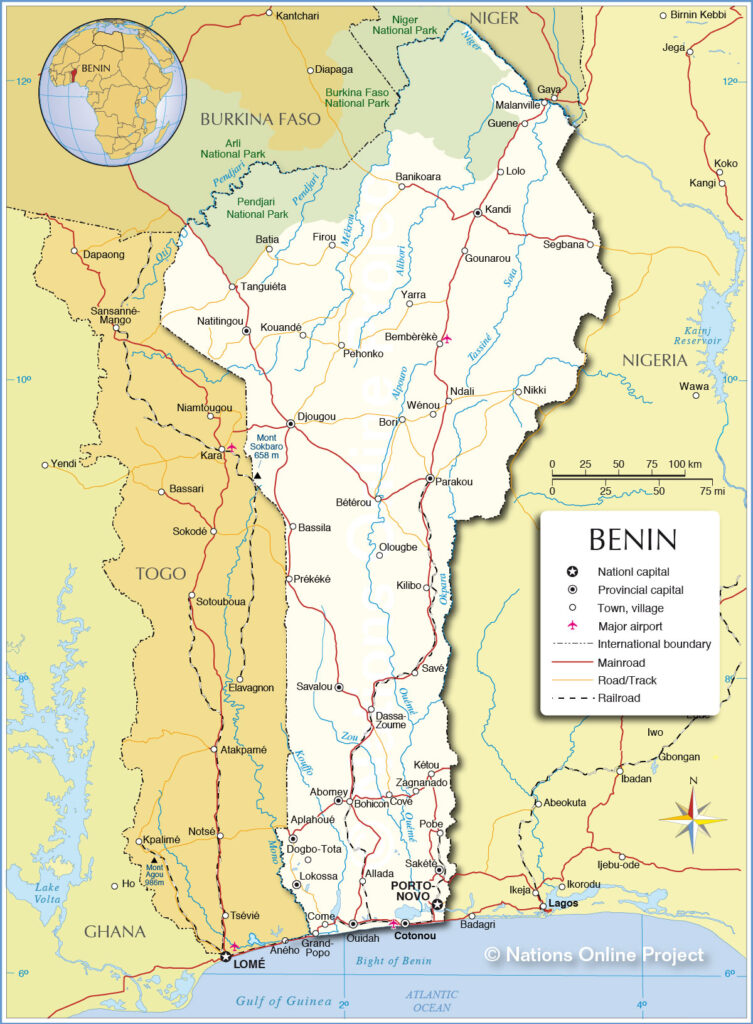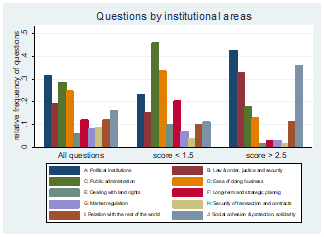Abstract
Benin is a small, slow-growing economy whose development relies on two sources of rent that are controlled by self-centred elites: cotton export and illegal cross-border trade with Nigeria. Patrimonialism governs Beninese society as a forceful struggle for political power takes place between the oligarchs who control these sources and use them as formidable levers of power. State Capture and Rent-Seeking in Benin argues that this struggle causes the instability and unpredictability of economic policies, resulting in institutional problems that make economic diversification and growth difficult. Based on a thorough account of the economic, social, and political development of Benin, this institutional diagnostic provides a detailed analysis of its critical institution- and development-sensitive areas such as electoral campaign finance, state capture by business and elites, management of the cotton sector, the tax effort, the informal trading between Benin and Nigeria, and the political economy of land reform.
Account of Benin’s economic, social and political development over recent decades, diagnosing its development hindering institutional weaknesses and needed reforms.
Contributors
François Bourguignon (Eds.) Paris School of Economics, School for Advanced Studies in the Social Sciences
Romain Houssa (Eds.) University of Namur, Development Finance and Public Policies, Center for Research in the Economics of Development
Jean-Philippe Platteau (Eds.) University of Namur, Development Finance and Public Policies, Center for Research in the Economics of Development
Paul Reding (Eds.) University of Namur, Development Finance and Public Policies, Center for Research in the Economics of Development
Emilie Caldeira (University of Clermont Auvergne, Centre national de la recherche scientifique, Centre d’Etudes et de Recherche en Développement-Centre National de la Recherche Scientifique)
Rafael Ch Duran (Princeton University)
Cesi Cruz (Vancouver School of Economics)
Houinsou Dedehouanou ( University of Abomey-Calavi)
Stephen S. Golub (Swarthmore College, Swarthmore)
Barthélémy Honfoga (University of Abomey-Calavi)
Kenneth Houngbedji (Université Paris-Dauphine, Institut de Recherche pour le Développement)
Mathias Coffi Hounkpe (International Foundation for Electoral Systems)
John O. Igué (Laboratoire d’analyse régionale et d’expertise sociale)
Philippe Lavigne Delville (Paul Valéry University, Institut de Recherche pour le Développement)
Ahmadou Ali Mbaye (Cheikh Anta Diop University)
Nicaise Médé (Abomey Calavi University, Centre d’Etudes et de Recherches sur l’Administration et les Finances)
Grégoire Rota-Graziosi (University of Clermont Auvergne, Centre national de la recherche scientifique, Centre d’Etudes et de Recherche sur le Développement International, Institut de recherche pour le développement)
Véronique Thériault (Michigan State University)
Léonard Wantchekon (Princeton University)



The social and academic backings
My conversations with associates in the field likewise have uncovered that we are as yet far away from understanding this objective. Despite the fact that we have bolstered the improvement of OER substance and stages, get to alone isn’t sufficient. Impartial and powerful utilization of OER requires an interest in individuals just as substance. Honestly, it isn’t sufficient to move culture and practice among teachers—we have to create proof based methodologies that illuminate how and under what conditions open instruction assets and practices really bring about various and better results for understudies. Furthermore, we need straightforwardness by they way we approach this work, for example by ensuring that any specialized foundation for OER that gives “learning examination” bolsters cooperative, information driven instructing and secures understudy information.
Information driven instructing
- While we are arriving at some early decisions about difficulties in the field, our assignment is to make sense of how the Hewlett Foundation is extraordinarily situated to address these difficulties.
- In an ongoing discussion with our own instruction group, my associates communicated the most vitality around these inquiries:
- How might we center our grantmaking with the goal that our work all the more deliberately empowers teachers to utilize open instruction assets and practices to upgrade understudy learning?
How might we bring issues to light about open instruction among teachers who don’t think about it or don’t think it is powerful with the goal that they comprehend its capability to address their issues and the requirements of their understudies?
Some Italic
How might we bolster areas and advanced education frameworks to utilize OER to methodicallly improve instructing and learning?
I expect these inquiries will advance in the months to come, yet they have been valuable for managing early considering objectives and results for the new system and they signal a requirement for the new technique to keep teachers and their needs at the focal point of our work. For instance, in K-12 instruction, we may plan to see more regions embrace and execute OER with adjusted proficient improvement underpins for instructors. In postsecondary training in the US and universally, progress would incorporate expanded institutional help for comprehensive and inventive study hall practice with OER (e.g., through educating and learning focuses and libraries).
